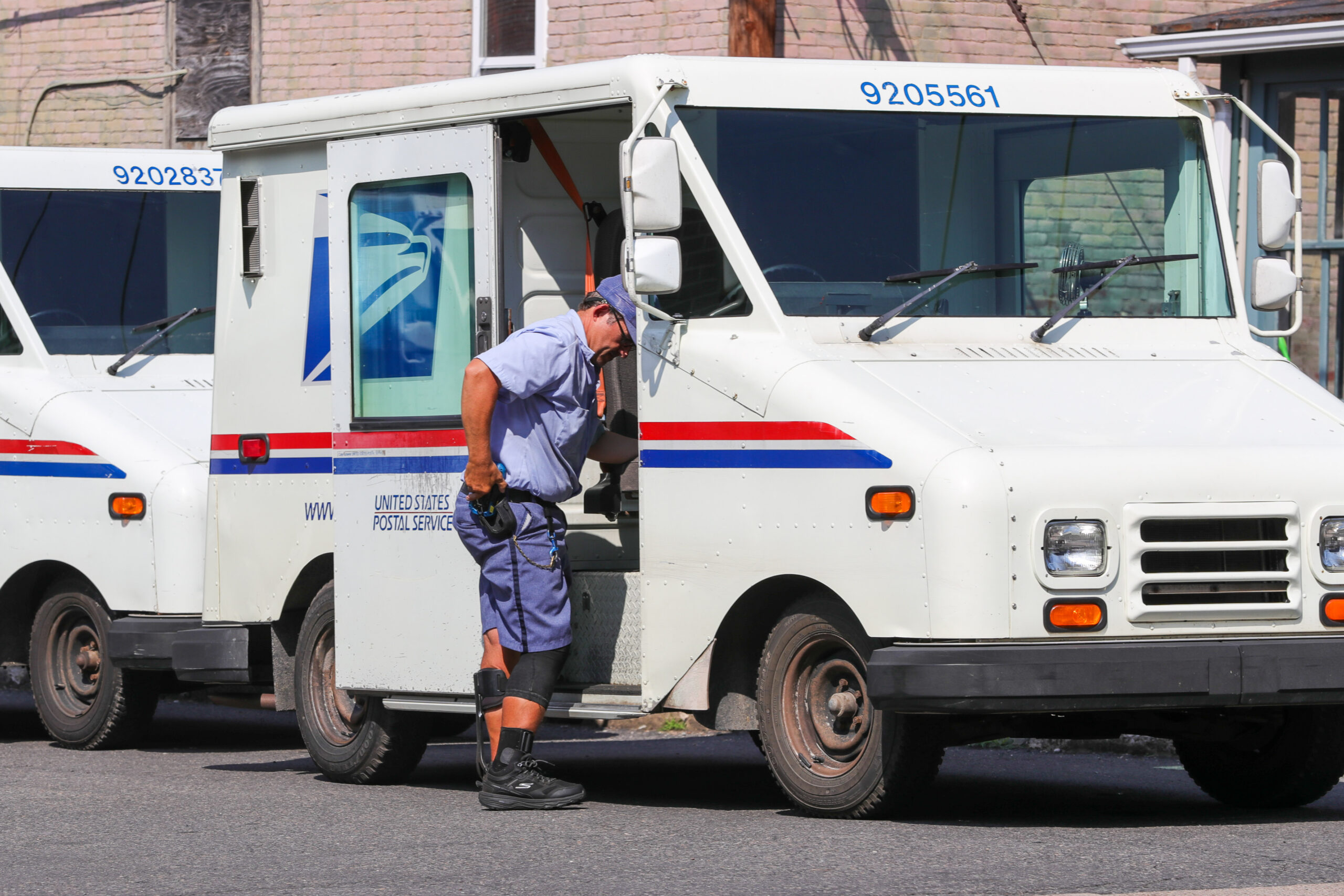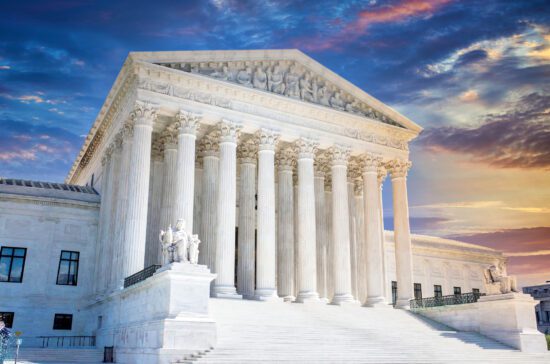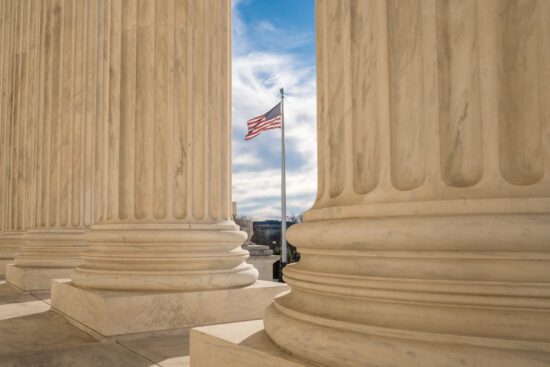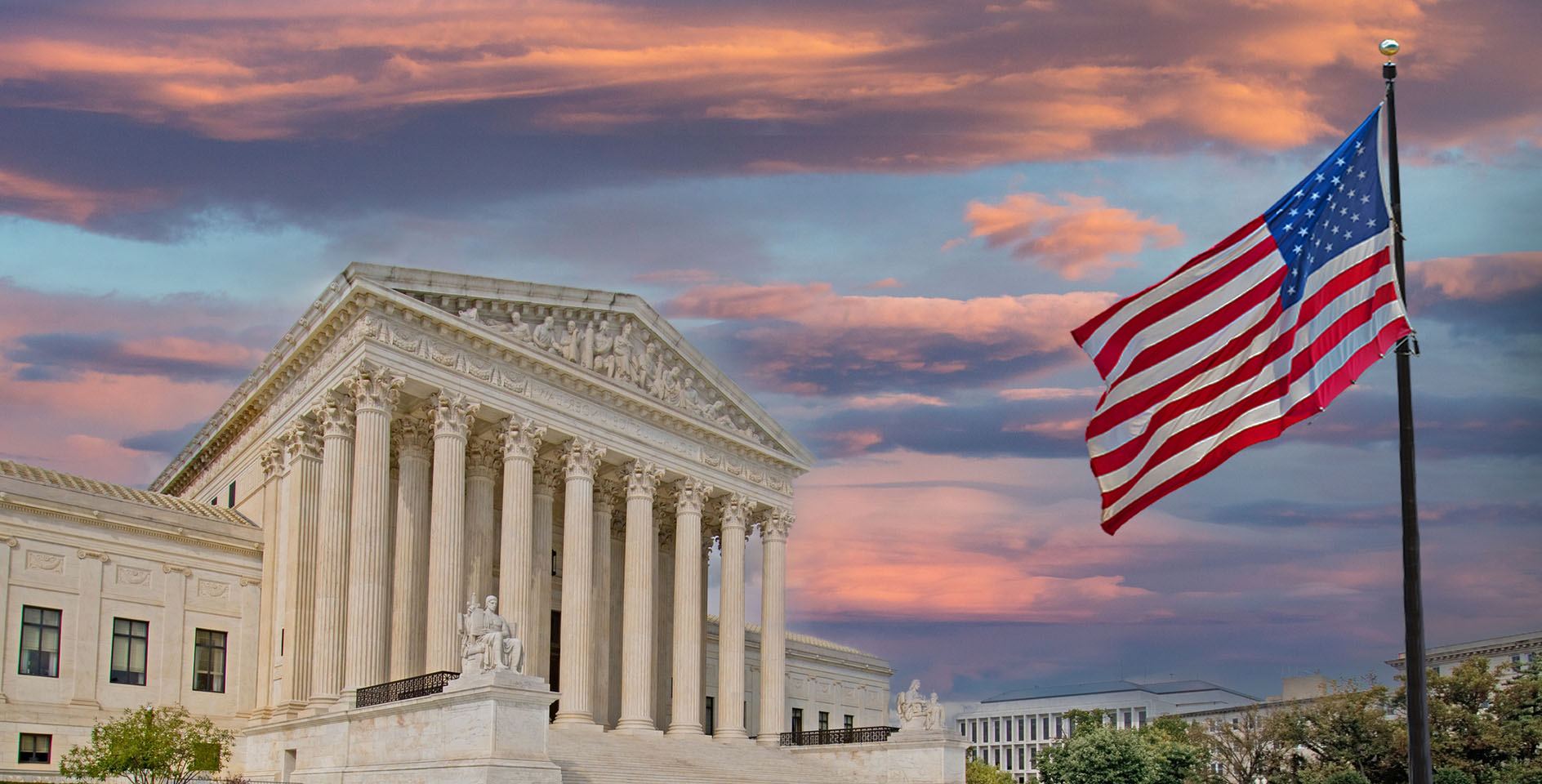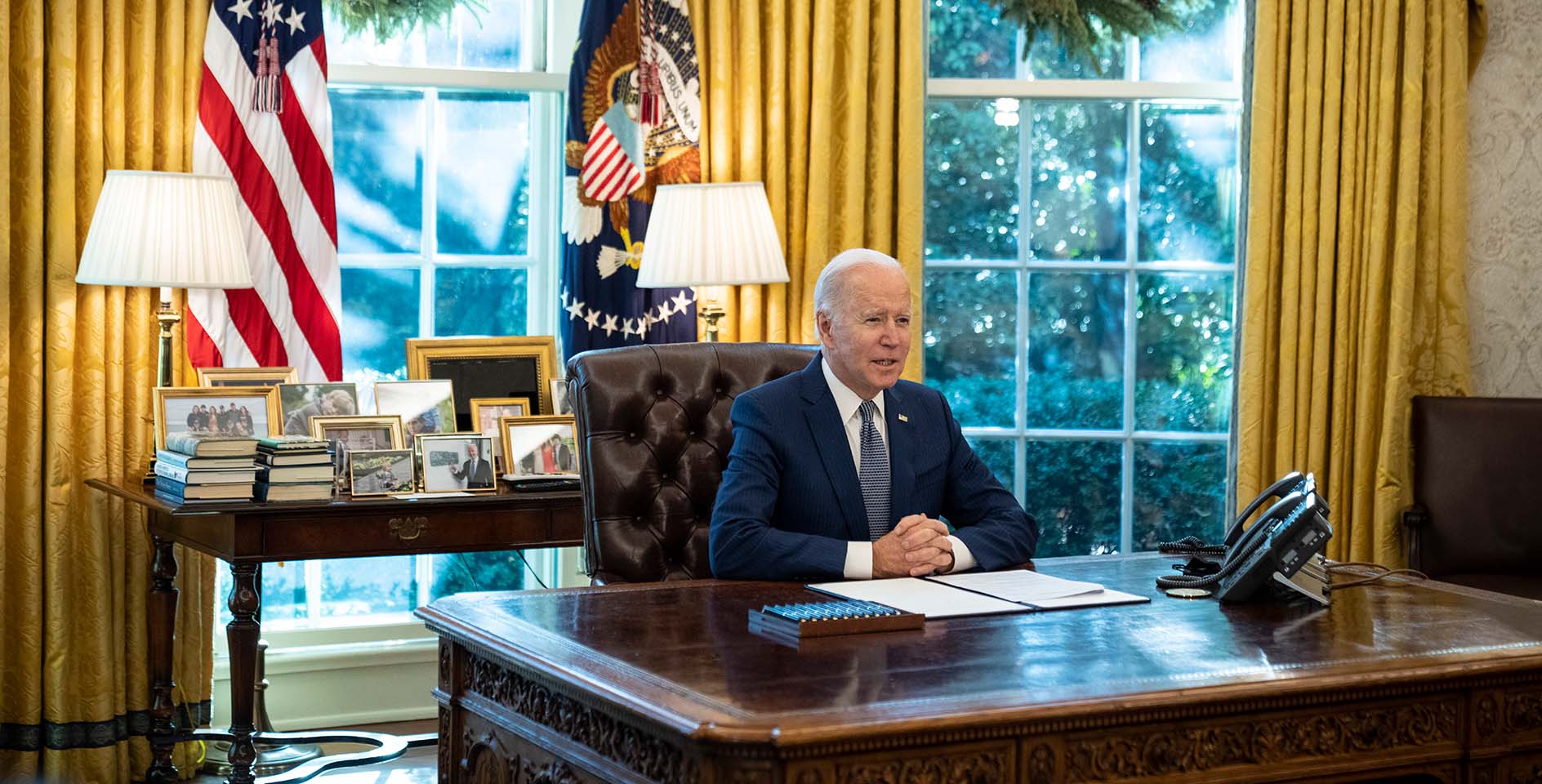Today, the U.S. Supreme Court ruled unanimously in the Groff v Dejoy case that the United States Postal Service (USPS) wrongly denied a religious accommodation requested by petitioner Gerald Groff, a Pennsylvania postal worker. Justice Samuel Alito delivered the unanimous opinion of the court, with Justices Sonia Sotomayor and Ketanji Brown Jackson joining a concurring opinion.
ERLC’s President Brent Leatherwood, stated of this ruling:
“Despite some voices saying that Mr. Groff sought exceptional treatment, the court saw through that to the truth of the matter. He simply asked for a reasonable accommodation to live out the tenets of his faith. By siding with him, the court has again affirmed the importance of living in accordance with one’s deepest-held beliefs.
This is a victory for every American. Your profession of faith should not be a barrier to your professional vocation.”
What did the Groff v Dejoy decision say?
Today’s decision clarified that the court’s 1977 ruling in Trans World Airlines, Inc. v. Hardison, which had previously been used to often deny religious accommodations in the workplace, has been misinterpreted for decades and sought to clarify its ruling in favor of religious liberty. This clarification is a major victory for religious employees nationwide, as this Groff v Dejoy ruling will restore important protections especially crucial for those of minority religions.
The Hardison decision was previously interpreted in such a way that limited and distorted the requirements of employers to reasonably accommodate employees’ religious beliefs and practices by allowing employers to prove only a “minimal burden” to deny accommodations, known as the “de minimis” standard. This approach, as noted through amicus briefs by “a bevy of diverse religious organizations[,]. . .has blessed the denial of even minor accommodation in many cases, making it harder for members of minority faiths to enter the job market” (13).
However, as Justice Alito argued, this interpretation was a “mistaken view” (19). Instead, the court explains that:
“Showing ‘more than a de minimis cost,’ as that phrase is used in common parlance, does not suffice to establish ‘undue hardship’ under Title VII. Hardison cannot be reduced to that one phrase. In describing an employer’s ‘undue hardship’ defense, Hardison referred repeatedly to ‘substantial’ burdens, and that formulation better explains the decision. We therefore, like the parties, understand Hardison to mean that ‘undue hardship’ is shown when a burden is substantial in the overall context of an employer’s business (15-16).”
This means that employers must meet a higher standard before denying religious accommodations requested by their employees. The court did not establish a one-size-fits-all method for determining what is a hardship but instead ruled that the context of each business and situation must be taken into account. Specifically for Gerald Groff, the court vacated the lower court’s previous decision and sent his specific case back to be reconsidered in light of this corrected interpretation of Hardison.
Why does this Groff v Dejoy decision matter for Southern Baptists?
Southern Baptists believe that we cannot separate our vocation from our deeply held beliefs. Our whole lives, including our work, are lived as service to the Lord. Employers must be required to do more in accommodating the needs of religious employees to allow them to continue serving in their vocation without compromising their beliefs. Religious liberty protects not only our freedom to believe but also our freedom to live out those beliefs in the public square.
As Southern Baptists, we also believe that religious liberty protects all people of all faiths. Religious accommodations are especially vital for members of minority religions whose needs and requests might not be widely understood.
Today’s ruling provides another major legal win in a long line of religious liberty victories. The court has proven, yet again, that religious liberties do not vanish when we walk into the workplace. Rather, as this case has demonstrated, federal law grants robust protections that allow all people of faith to fully live out their deeply held beliefs in the workplace.
What is this Groff v. Dejoy case about?
Gerald Groff began working as a mail carrier for the United States Postal Service (USPS) in 2012. As a Christian, Groff is compelled by his religious beliefs to observe a Sunday Sabbath. After USPS began delivering packages on Sunday for Amazon, Groff offered to take extra shifts on weekdays and holidays to avoid working on his Sabbath. USPS initially granted him an accommodation but then changed its mind and began scheduling Groff for Sunday shifts. Groff refused to violate his faith, so he faced termination until he ultimately resigned in 2019.
Groff subsequently sued USPS in federal court, claiming his employer failed to reasonably accommodate his religious conviction. Both the district court and the U.S. Court of Appeals for the Third Circuit ruled in favor of USPS, and the Supreme Court heard oral arguments in the case on April 18, 2023.
This case challenged the 1997 court holding in Trans World Airlines v. Hardison. The language of Hardison has long been interpreted as reducing the legal requirements of employers to reasonably accommodate employees’ religious beliefs and practices. As such, up to this point, Hardison allowed employers to demonstrate only a “minimal burden,” rather than the much higher Title VII bar of “undue hardship,” to deny requests for religious accommodation. Title VII of the 1964 Civil Rights Act protects employees and job applicants from employment discrimination on the basis of race, color, religion, sex, and natural origin.
How did the ERLC engage this case?
The ERLC filed an amicus brief alongside other religious organizations arguing that Hardison should be overturned and employers must meet a higher standard before denying accommodations to their religious employees. As our brief argues:
“Correctly interpreted, Title VII’s mandate to accommodate employees’ religion affirms this Nation’s fundamental commitment to religious freedom. That mandate embodies a careful balance between the right of workers to practice their religion without sacrificing their jobs and the ability of employers to maintain an effective workplace . . . A right that exists only when it bothers no one else is no right at all.”
The court acknowledged this point in the Groff v. Dejoy ruling, stating “diverse religious groups tell the Court that the ‘de minimis’ standard has been used to deny even minor accommodations.”
The ERLC will continue to advocate for our first freedoms, especially the right to express deeply held religious convictions in the workplace. The Supreme Court has once again affirmed a robust view of these foundational rights, and we are grateful that the justices have ruled in favor of religious liberty. As we have been tasked by Southern Baptists, the ERLC will always work for the protection of religious liberty before Congress, the courts, and in the public square.



